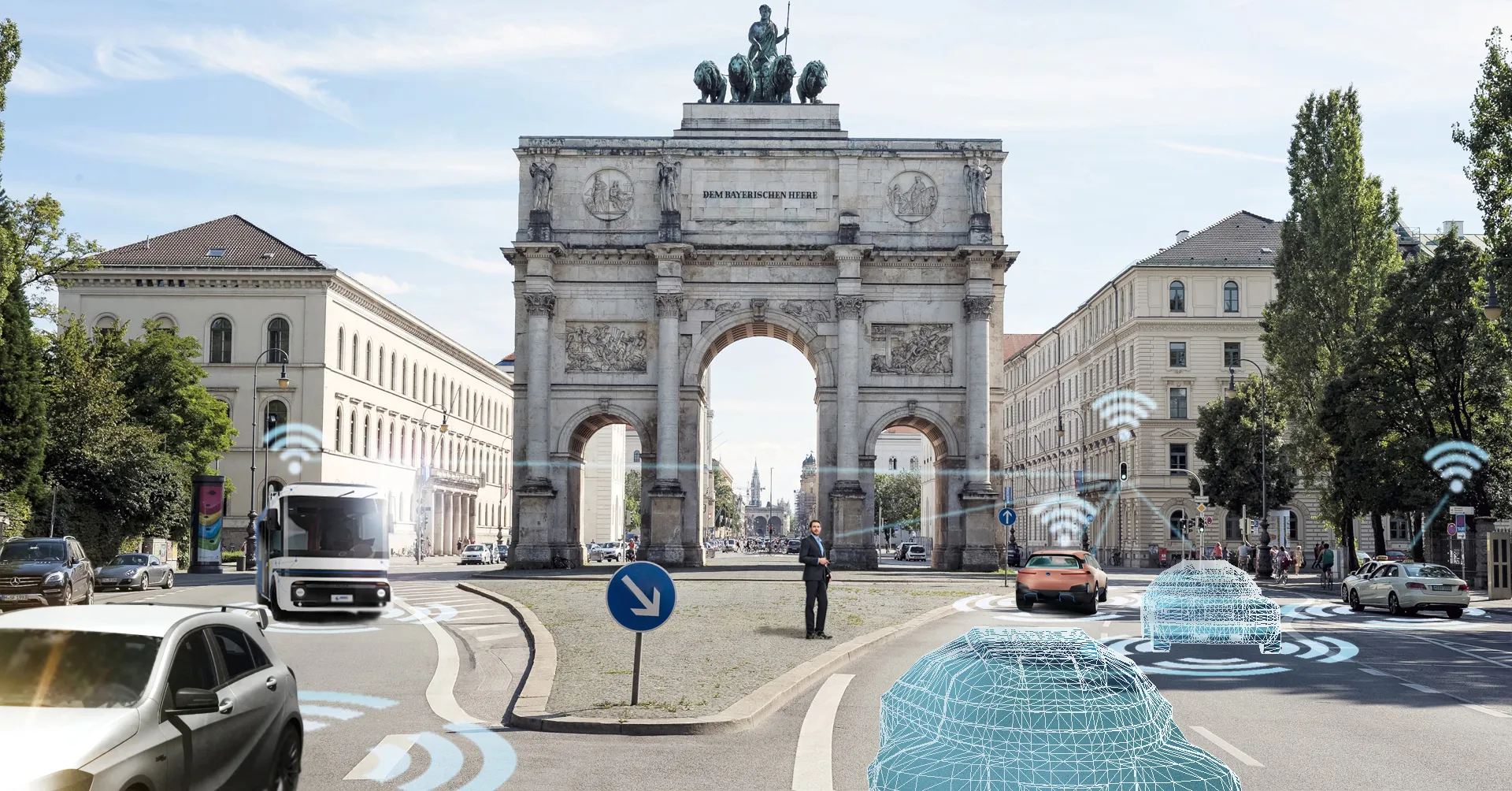
PTV is taking part in a research project to analyse mobility behaviour in the German city of Munich with the aim of developing recommendations for other cities.
The project – Easyride: Automated Driving in an Urban Context - Pilot City Munich - will look at the effects autonomous vehicles (AVs) can have on mobility and traffic.
The pilot will use different scenarios to show how urban mobility will change through this new technology while computer simulations will calculate the effects on traffic volume. It will also explore the legal and regulatory framework to make best use of the technology.
PTV CEO Christian U. Haas says: "Ultimately, we need to clarify how autonomous driving and networked mobility can have a positive impact on cities and the mobility of the future.”
PTV says the project will focus on using AVs to cover the first and last mile of a journey.
Easyride confirms one such test will allow visitors at the Munich Olympic Park to ride in an autonomous shuttle and provide feedback to the team.
The Federal Ministry of Transport and Digital Infrastructure is funding the project with €12 million from its Automated and Networked Driving programme.
Other project partners include BMW, Bundeswehr University Munich, Berlin School of Economics and Law, Karlsruhe Institute of Technology and MAN Truck & Bus.









